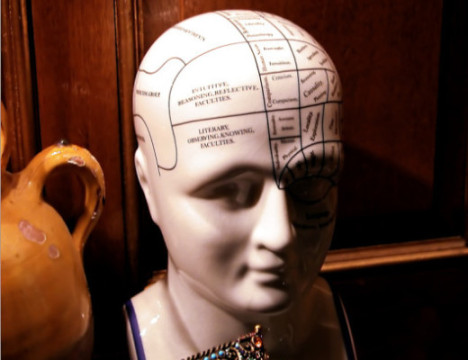Ahhh, January, when we all feel fat, broke, and depressed

It seems by this time in the new year, most have received their bills from the holidays, given up on their new years resolutions, and are now depressed.
As if this weren’t bad enough, it also means we have a greater chance of getting sick on top of it all. YIPEE.
While I can’t help with your finances, I can with your health, weight and depression.
HERE ARE SOME ‘JANUARY BLAAA’S’ SURVIVAL TIPS:
1. GET LIGHT. This may sound ridiculous as you sit inside watching freezing, stormy, dark, weather outside, but any time you see a bit of sun REQUIRES that you take 10 minutes or so to sit or better – walk or run outside and get sunlight into your pupils. This activates your Pineal Gland. If this sounds too hard or your location never has sun in winter, get an SAD lamp. Light therapy has been used for years to treat seasonal affective disorder, a type of depression caused by short days and long darkness in winter. A lack of exposure to sunlight is responsible for the secretion of the hormone melatonin, which can trigger a down or tired mood and lethargy. Light therapy helps to regulate the body’s internal clock in the same way that sunlight does. Light therapy is an effective treatment for seasonal affective disorder, and it may reduce the symptoms of non-seasonal depression as well. There are many available in different price ranges. Many desk workers swear to the system of keeping it under their desk, shining on them while working.
2. TAKE VITAMIN D TO:
BOOST IMMUNITY by providing immune cells with the energy they need to work. Immune cells have a receptor just for vitamin D, so, it’s essential you get out in the sun when possible or take a supplement
LOWER INFLAMMATION. Studies show vitamin D helps lower the amount of C-reactive protein in your body, which is responsible for inflammation.
HELP ABSORPTION OF CALCIUM.
HELP WITH DEPRESSION and is even being touted for the prevention of Alzheimer’s.
HELP with weight.
3. TAKE NATURAL ANTI-DEPRESSANTS. As I’ve mentioned in other blogs, there are NATURAL anti-depressants that work very well. Some of my favorites have Tyrosine, & DL Phenylalanine for daytime use and 5-HTP, and Sam-e for afternoon to evening relaxation and help with sleep.
4. EXERCISE. Study after study has shown that exercise promotes mental health and reduces symptoms of depression. Regular exercise, and the increase in fitness that comes with it, alters serotonin levels in the brain. The antidepressant effect is comparable to pharmaceutical antidepressants.
5 TAKE HIGH QUALITY B VITAMINS. I have written about this many times. It is now estimated that 50% of the population does not break down their B vitamins – even if you take supplements. Pre-methylated B vitamins are essential for these people, and you may be one of them.
B vitamins are required for the production of neurotransmitters, which regulate mood and other brain functions. Folic acid deficiency has been noted found in people with depression. Vitamin B6, or pyridoxine, is the cofactor for enzymes that convert L-tryptophan to serotonin, and vitamin B6 deficiency has been shown in those with depression. There is some evidence that people with depression respond better to treatment if they have higher levels of vitamin B12.
CHEERS & TO YOUR HEALTH!
http://articles.mercola.com/sites/articles/archive/2009/01/29/10-antidepressant-alternatives-proven-to-work.aspx